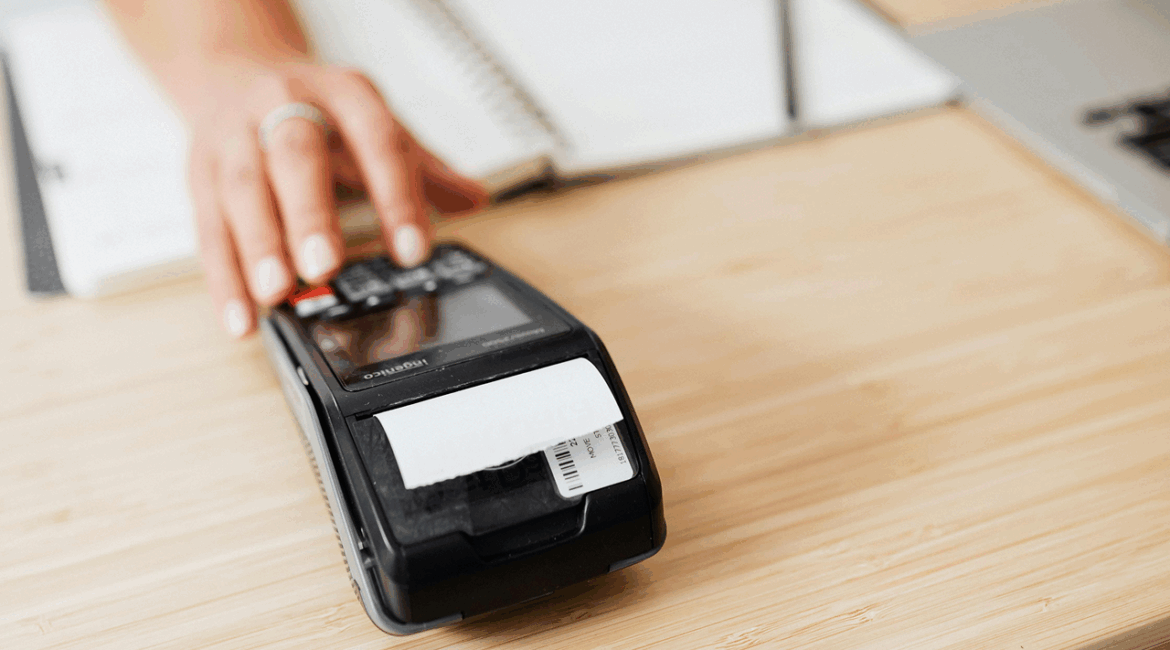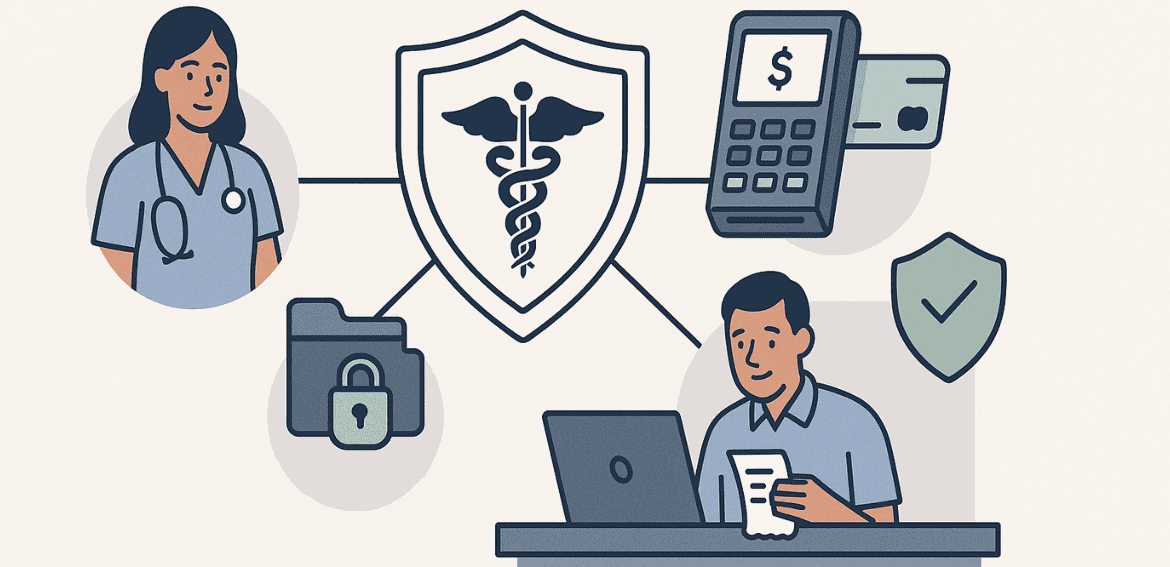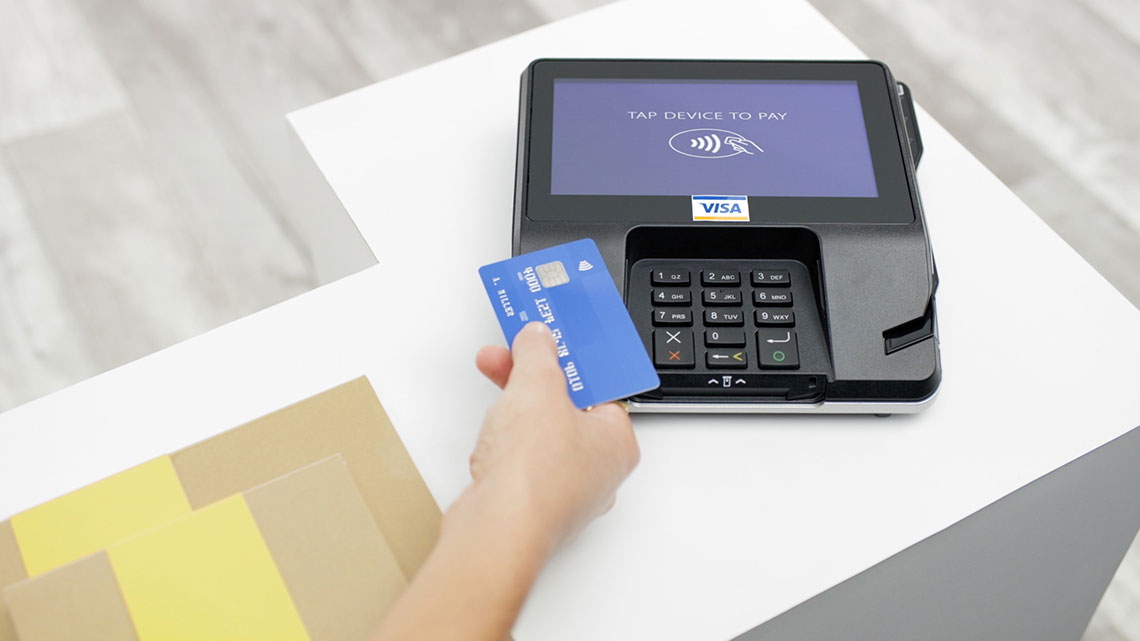Healthcare providers face increasing administrative demands that often take time away from patient care. From managing billing cycles and processing payments to reconciling accounts and handling insurance claims, administrative overhead consumes significant resources. In smaller practices, staff may be stretched thin, while larger organizations often deal with departmental silos that...
Reducing Administrative Overhead with Integrated Payment Solutions for Healthcare
Why Transparent Billing Matters in Healthcare Merchant Services
In healthcare, the quality of clinical care is often the central focus. However, the financial experience that follows care delivery plays a critical role in shaping overall patient satisfaction. One area that is frequently overlooked yet increasingly important is billing transparency. When patients receive clear, understandable invoices and cost estimates,...
The Rise of Contactless Payments in Clinics and Private Practices
The healthcare industry is undergoing a quiet but powerful transformation in how patients pay for services. Contactless payments, once viewed as a luxury feature in retail, have now found a firm footing in clinics and private practices. Whether tapping a phone at the front desk or paying with a smartwatch...
Navigating HIPAA and PCI Compliance in Medical Payment Processing
In today’s healthcare environment, protecting patient data is just as critical as delivering quality care. With the growing use of digital platforms for medical billing, payment processing, and record-keeping, healthcare providers face increasing responsibilities to safeguard sensitive information. HIPAA and PCI DSS are two major compliance frameworks that govern how...
How Healthcare Providers Can Streamline Payments Without Compromising Patient Trust
The healthcare industry is undergoing a digital transformation, and payment processing is one of the most crucial yet sensitive areas in this shift. Patients are no longer just looking for quality care—they also expect a seamless billing experience. As out-of-pocket costs rise and patient responsibility increases, healthcare providers must find...
Why HIPAA Compliance Matters in Healthcare Payment Processing?
Healthcare payment processing is much more than collecting money – it’s about safeguarding patient data. As digital healthcare transactions are escalating, both security and compliance are increasingly on the agenda. That’s where HIPAA compliance takes over. HIPAA, or the Health Insurance Portability and Accountability Act, establishes national standards to protect the privacy...
What is Tap and Pay (NFC)?
Secure Authentication Using NFC, or Tap and Pay as it is more commonly known as, refers to the use of NFC tech in a smartphone to verify the authenticity of the owner. This process takes part when a consumer wishes to make a payment using their NFC capable phone at...






